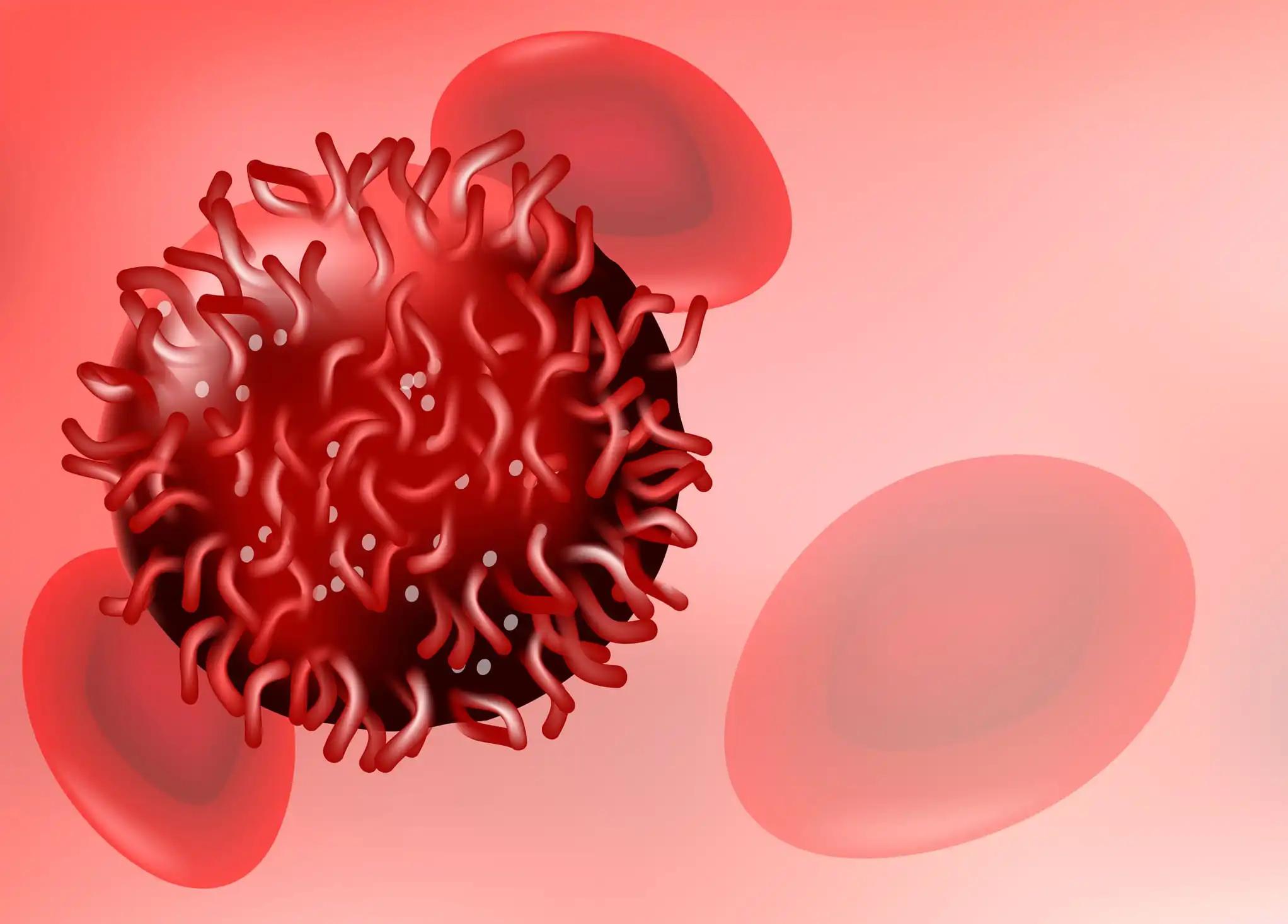KEY TAKEAWAYS
- The phase IIIB CANTABRICO trial explored the association of SCLC subtypes with clinicopathological and EMT characteristics.
- The study showed clinical and biological characteristics variations across various molecular categories in SCLC.
- The non-A/N/P tumors, including the inflamed subtype, exhibited positive prognostic indicators and improved results when treated with chemoimmunotherapy.
The phase IIIB CANTABRICO study focused on durvalumab+platinum-etoposide as an initial treatment for widespread-stage small cell lung cancer (SCLC). Researchers conducted IHC on 42 SCLC specimens, examining ASCL1, NEUROD1, POU2F3, E-cadherin, and Vimentin. H-score was utilized for the IHC assessment. In cases with multiple markers, classification was based on the dominant marker with a higher H-score. The link between IHC markers and other clinical and outcome factors was analyzed using GraphPad®.
From the 42 cases studied, 20 were ASCL1 (47.6%), 11 were NEUROD1 (26.2%), 4 were POU2F3 (9.5%), and 7 were identified as non-A/N/P (16.7%). It was noteworthy that when stained consecutively, ASCL1, NEUROD1, and POU2F3 markers manifested in different regions of the same tumor. Most tumors (85.4%) showed E-cadherin expression, and 45.2% showed vimentin.
A positive association was found between ASCL1 in tumor cells and E-cadherin expression (rho = 0.47, p = 0.0022). However, no link was found between subtypes and vimentin. POU2F3-positive tumors had a higher baseline LDH (median = 541 range (379–1102)) than other subtypes (p < 0.0001). Remarkably, patients (pts) with non-A/N/P tumors didn’t exhibit liver or brain metastasis (p < 0.0001). After a 12.4-month median monitoring period, the median OS was 8.95 months. Importantly, 5 of the 7 pts with non-A/N/P tumors are still surviving (p < 0.0001).
Distinct molecular groups of SCLC display varying clinical and biological characteristics. In the research, the non-A/N/P tumors, which include the inflamed subtype, demonstrated promising prognostic indicators and better outcomes when treated with chemoimmunotherapy.
Clinical Trial: https://classic.clinicaltrials.gov/ct2/show/NCT04712903
Simoes da Rocha, P., Sánchez, I., Pinto, L., Giner, M., Gorro, N.N., Hoyo, A.R., Garcia, A.T., Pérez-Buira, S., Torres-Fernandez, É., Clavé, S., Paricio, B.B., Rojo, F., Paz-Ares, L., Cubells, C.M., Aguado de la Rosa, C., Casado, M.D.I., García-Campelo, R., Baez, L., Mellén, Á.C., Arriola, E. 165P – SCLC subtypes are associated with distinct clinicopathological features and outcomes: A biomarker analysis from the CANTABRICO study. Journal of Thoracic Oncology (2023) 18 (4S): S129-S136.



